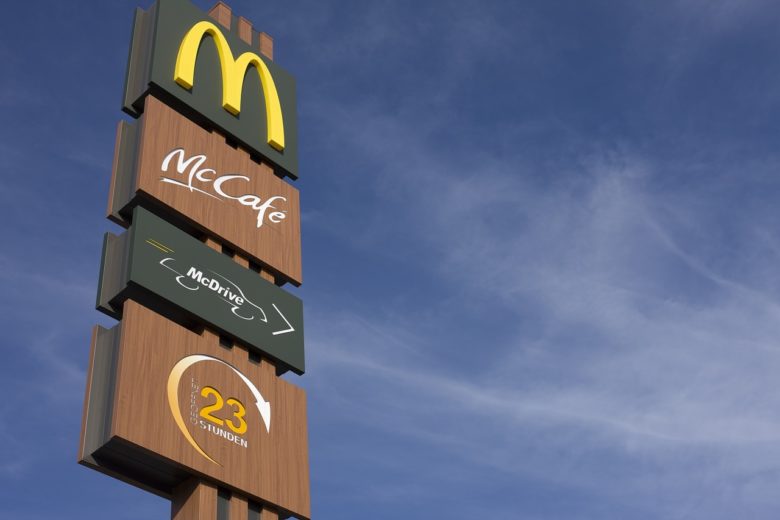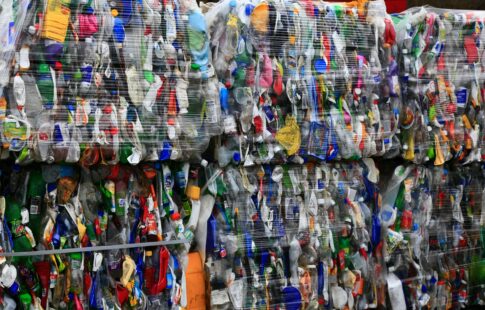
Making Fast Food Chains More Sustainable
We are reader-supported. When you buy through links on our site, we may earn affiliate commission.
Are sustainable fast food chains even a possibility?
Fast food chains rule the casual eating landscape in the United States and around the world. Companies like Taco Bell and the omnipresent McDonald’s regularly feed enormous proportions of the population — around 84.8 million U.S. adults every day, according to some estimates — in part due to their ability to supply meals quickly and cheaply.
Considering their prevalence in society, it doesn’t seem like fast food chains are going anywhere anytime soon. Accordingly, many people wonder whether these chains can adjust business practices to fit growing demands for ethically sourced food.
Fast food companies impact the sustainability of the food supply, since their practices may differentiate lucrative farming practices from unsuccessful ones. Let’s look at how fast food chains impact the environment and consider how they could become more sustainable in the future.
The Cost of Convenience
When considering sustainability, most people don’t imagine their favorite drive-through burger chain. When compared to eating at home or dining at a local, family-owned restaurant, fast food generally takes a larger toll on the environment.
To provide supply for millions of customers every day, fast food companies must buy large amounts of ingredients. In most cases, local farmers cannot provide all of these ingredients, so stores must ship them from around the world, contributing to greenhouse gas emissions.
In some cases, the ingredients themselves produce greenhouse gas emissions. Cows raised for beef, for example, emit copious amounts of methane, a greenhouse gas with more warming potential the carbon dioxide. Americans alone consume one billion pounds of beef at McDonald’s annually. When beef makes up a large portion of a fast food company’s menu, as it does at McDonald’s, that chain contributes heavily to climate change.
In addition to the ingredients themselves, fast food companies also produce packaging waste, since most products come wrapped in paper, stored in cardboard boxes and stuffed in paper or plastic bags. It’s easy to see how fast food convenience negatively impacts the planet.
A Sustainable Food Supply
The USDA defines sustainable agriculture as plant and animal production practices that maintain and enrich the environment while filling human food requirements and improving life for farmers and farming communities. This loose definition covers a wide range of practices.
From an environmental standpoint, sustainable agriculture tends to have a stricter definition, one that prioritizes responsible land use, protection of the water supply, reduced carbon emissions and humane conditions for farm animals.
However you define sustainable agriculture, the term grows in influence as the public grows increasingly concerned about environmental issues like climate change and deforestation. Sustainable life for humans depends on a sustainable food supply, which fast food chains are beginning to realize.
Sustainable Baby Steps
Some fast food companies have started sustainability initiatives in hopes of appealing to an environmentally conscious audience. McDonald’s, for example, recently committed to recycling packaging in 100 percent of stores by 2025. Similarly, as part of the Department of Energy’s Better Buildings Challenge, Wendy’s has committed to reducing energy consumption 20 percent by 2025.From reducing the number of animals raised with antibiotics to purchasing more cage-free eggs, companies have hopped on the sustainability bandwagon in recent years. While these baby steps do help the environment, some believe fast food companies can and should do more to encourage sustainable food production.
Until companies make big changes, eco-conscious consumers may want to limit environmental impact when eating out at restaurants, either by skipping fast food altogether or by choosing menu options with the least impact.
Big Bargaining Power
Here’s the good news: fast food chains have the power to make a big impact on the food supply chain. As they make changes, the rest of the market will follow. And investors are beginning to demand sustainable changes.
When giant fast food companies switch over to sustainable practices, their suppliers have to keep up or risk going out of business. Companies like Chipotle lead the charge by purchasing only responsibly raised pork from sustainable farms. However, small and innovative farming operations sometimes struggle to compete.
Fast food companies often use only one part of the animal raised. This means that sustainable farmers must find buyers for the rest of their products as well. Cheap prices can keep sustainable farms from growing when compared to factory farms. In order to truly provide sustainable food to the market, fast food companies may need to pay more for their ingredients and work together to help farmers improve agricultural practices.
Though fast food companies’ big bargaining power could allow them to make big changes in food production, it’s unclear whether or not they will take this important plunge.
Will Sustainable Fast Food Chains Be Part of the Future?
Fast food companies have the ability to improve sustainable agriculture. Through small initiatives and changes to business practices, many companies are already moving forward. However, these companies still have a lot of work to do before they can call their menus “sustainable.”
By demanding ethical production and helping small farmers compete, fast food companies may help create a better future for food production.
Share on
Like what you read? Join other Environment.co readers!
Get the latest updates on our planet by subscribing to the Environment.co newsletter!
About the author
Jane Marsh
Starting from an early age, Jane Marsh loved all animals and became a budding environmentalist. Now, Jane works as the Editor-in-Chief of Environment.co where she covers topics related to climate policy, renewable energy, the food industry, and more.





